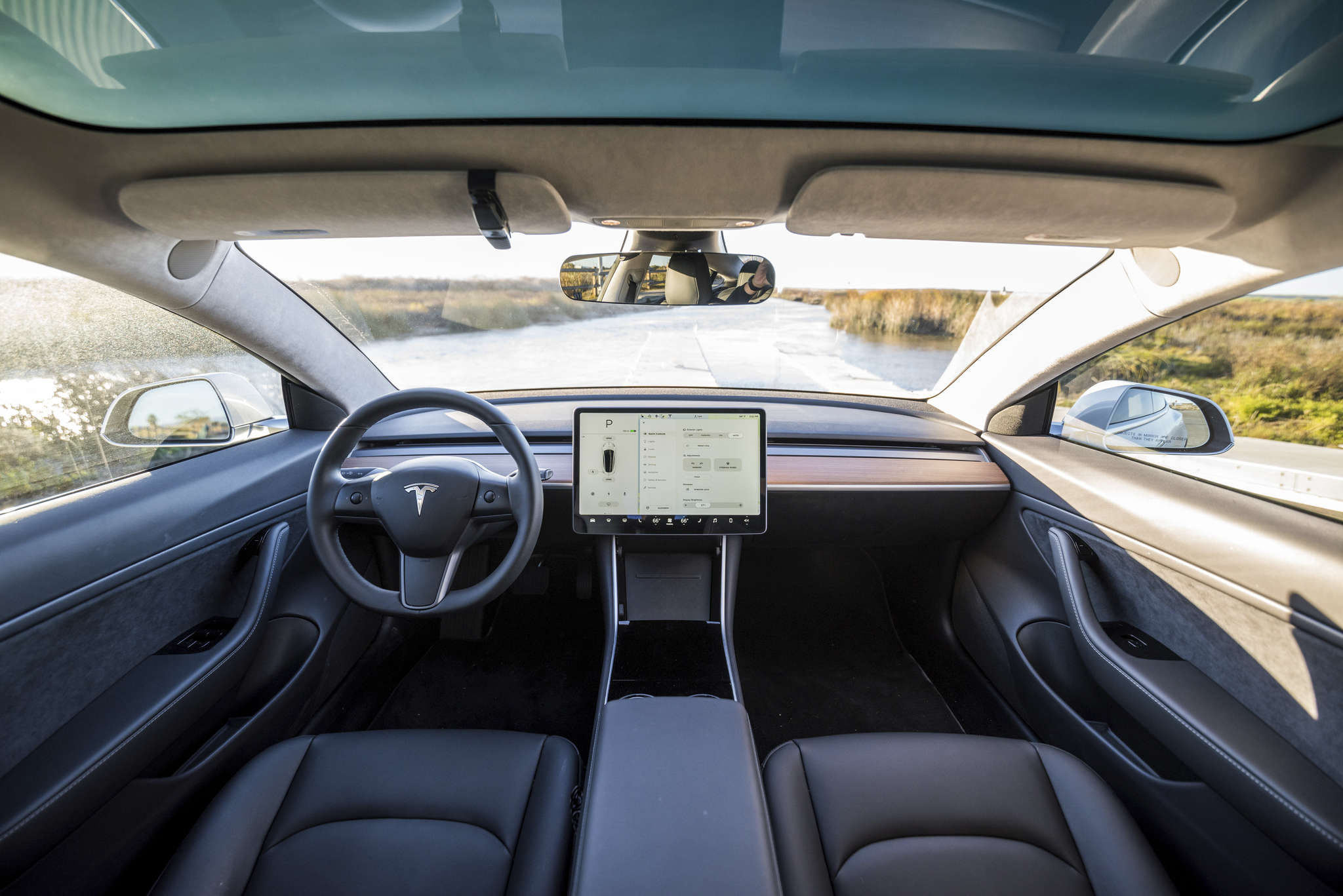
Texas Governor Greg Abbott has signed a bill into law that mandates all autonomous vehicle services to obtain a permit before operating self-driving cars within the state. This regulation will take effect starting September 1.
The new law seeks to ensure companies do not run self-driving vehicles without proper authorization from the Texas Department of Motor Vehicles (DMV).
Tesla Launches Robotaxi Service Amid New Regulations
While the bill becomes law, Tesla recently launched its Robotaxi service in Austin, offering fully autonomous ride-hailing using its Model Y vehicles.
Under Senate Bill 2807, the Texas DMV will be responsible for issuing permits to companies planning to offer public autonomous vehicle services. Applicants must demonstrate their ability to safely operate on public roads alongside pedestrians and other vehicles.
The DMV holds authority to revoke or suspend permits if a company’s technology or operations fail to meet safety standards. Operators must also submit emergency handling protocols, especially for interactions with first responders and law enforcement.
All companies testing or planning to launch self-driving vehicles in Texas must secure permits by September 1. Companies like Waymo already operate in Texas, while Tesla is expanding its Robotaxi offerings. Failure to obtain permits will result in seizure of vehicles and fines under the new law.
How California Regulates Autonomous Vehicles
California, a pioneer in self-driving car operations, has long regulated autonomous vehicles. San Francisco was among the first cities to allow driverless vehicle testing and services, with strict safety guidelines in place.
A milestone came in 2023 when the California DMV approved 24/7 robotaxi service for Waymo and Cruise. However, several accidents and safety concerns led to the suspension of these companies’ permits. This ultimately prompted General Motors to end the Cruise robotaxi program.
Despite these setbacks, new players such as Amazon’s Zoox and Tesla’s Robotaxi continue to enter California’s autonomous vehicle market.
What The Author Thinks
Autonomous vehicles promise transformative benefits but come with inherent risks that demand oversight. Texas’ permit system is a necessary step toward balancing innovation with public safety, ensuring companies meet rigorous standards before deploying vehicles on roads. While some see regulations as hurdles, they’re vital for building trust in autonomous technology. The lessons from California’s experience highlight that regulation, combined with technological advancement, is key to responsible growth in this emerging sector.
Featured image credit: Wikimedia Commmons
For more stories like it, click the +Follow button at the top of this page to follow us.
